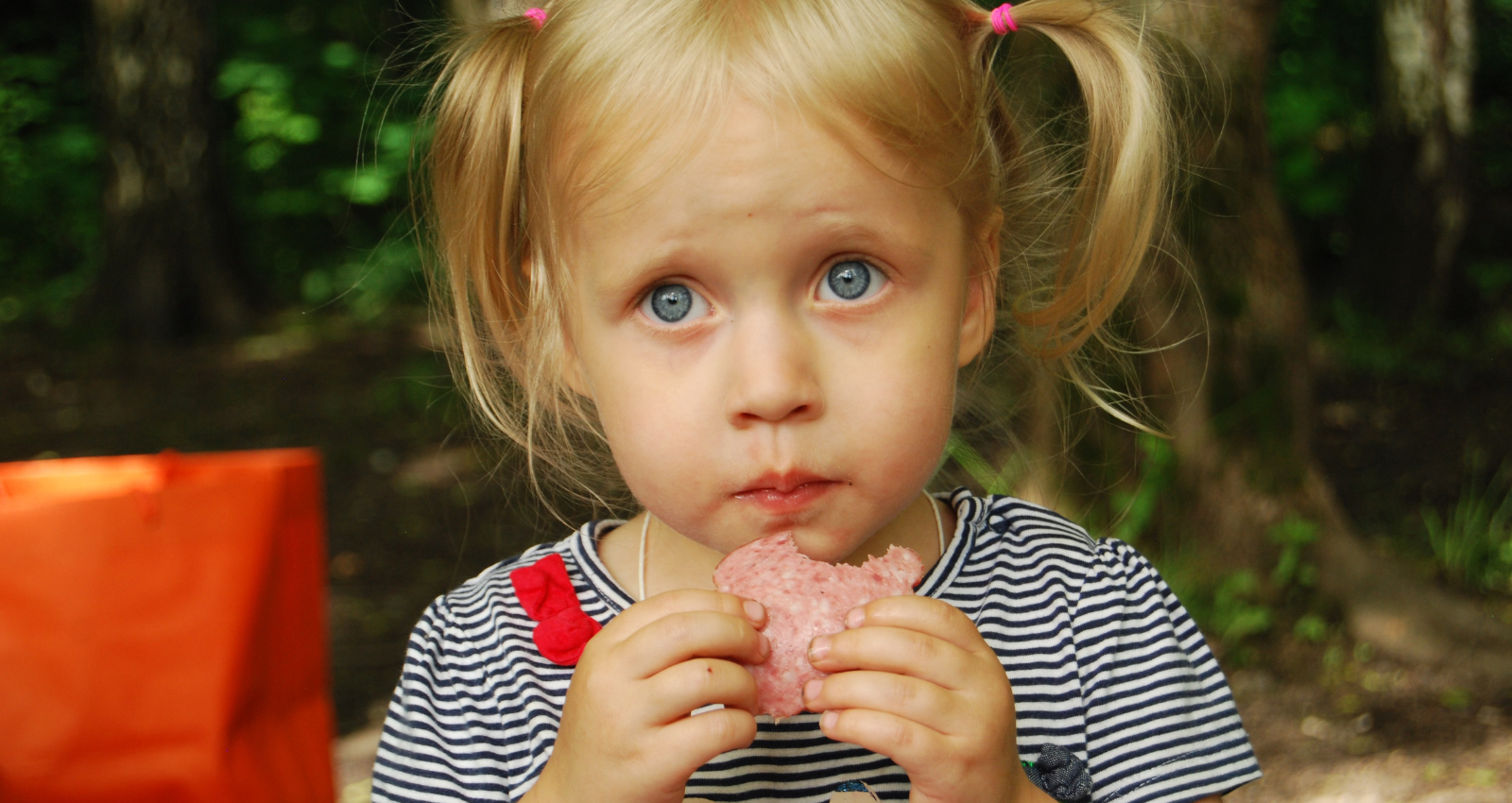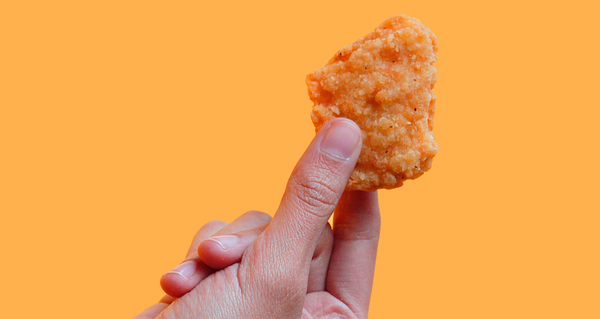
What foods to avoid with Autism?
If you are a parent to a child with autism, you most likely have a list of foods that you avoid due to your child’s sensory needs. Perhaps they don’t like foods because of the way that they smell, feel or taste. If that’s the case, then they might already have a limited diet. However, it’s a good idea to be mindful of whether the foods that they eat impact on their behaviour or stomach, because certain food types can have a negative reaction.
You can find the foods that are typically known to cause negative behaviours or stomach issues with children who have autism listed below.

List of food to avoid that can negatively affect children with Autism
If you suspect that milk and dairy products are affecting your child’s gut or behaviour, the best milk alternatives to try are almond, coconut, oat, cashew, rice and pea milk.
You can also try introducing non-dairy yogurt, cheese and ice cream instead of the dairy versions.
Thankfully, supermarkets now have lots of diary-free options.
Lots of children with autism are hyperactive and eating foods that are high in sugar can increase hyperactivity. By reducing the amount of high sugar foods in your child’s diet, you may be able to help to improve their concentration levels and decrease their impulsive behaviour.
Some research shows that bloating, constipation and diarrhoea is more common in children with autism than children without it. This can be exacerbated by eating wheat products and so some parents believe that removing wheat products can help to alleviate symptoms.
Whilst researching gluten and dairy free foods for children with autism you might come across the GFCF (gluten-free/casein-free) diet, which some parents feel helps to improve their children’s behaviour and mood. Whilst this might be true for some children, it’s important to remember that every child is different and that there is little scientific evidence currently to show that this is an effective diet for children with autism. It is also important to bear in mind, particularly if your child already has a limited diet, that you are not removing important nutrients from their diet.
Unsurprisingly, there is no evidence that fruits and vegetables should be avoided if your child has autism. In fact, if your child is willing to eat them this should be encouraged as part of a healthy and balanced diet. Some foods, such as bananas, can be particularly good for autistic children. They are full of magnesium, potassium and an amino acid that can help aid serotonin and melatonin, which can help your child to relax and even sleep.
If you think that a certain food is changing the way that your child behaves, it would be a good idea to make a food diary to see if there is any pattern. If this persists, you should try to eliminate them from your child’s diet.

